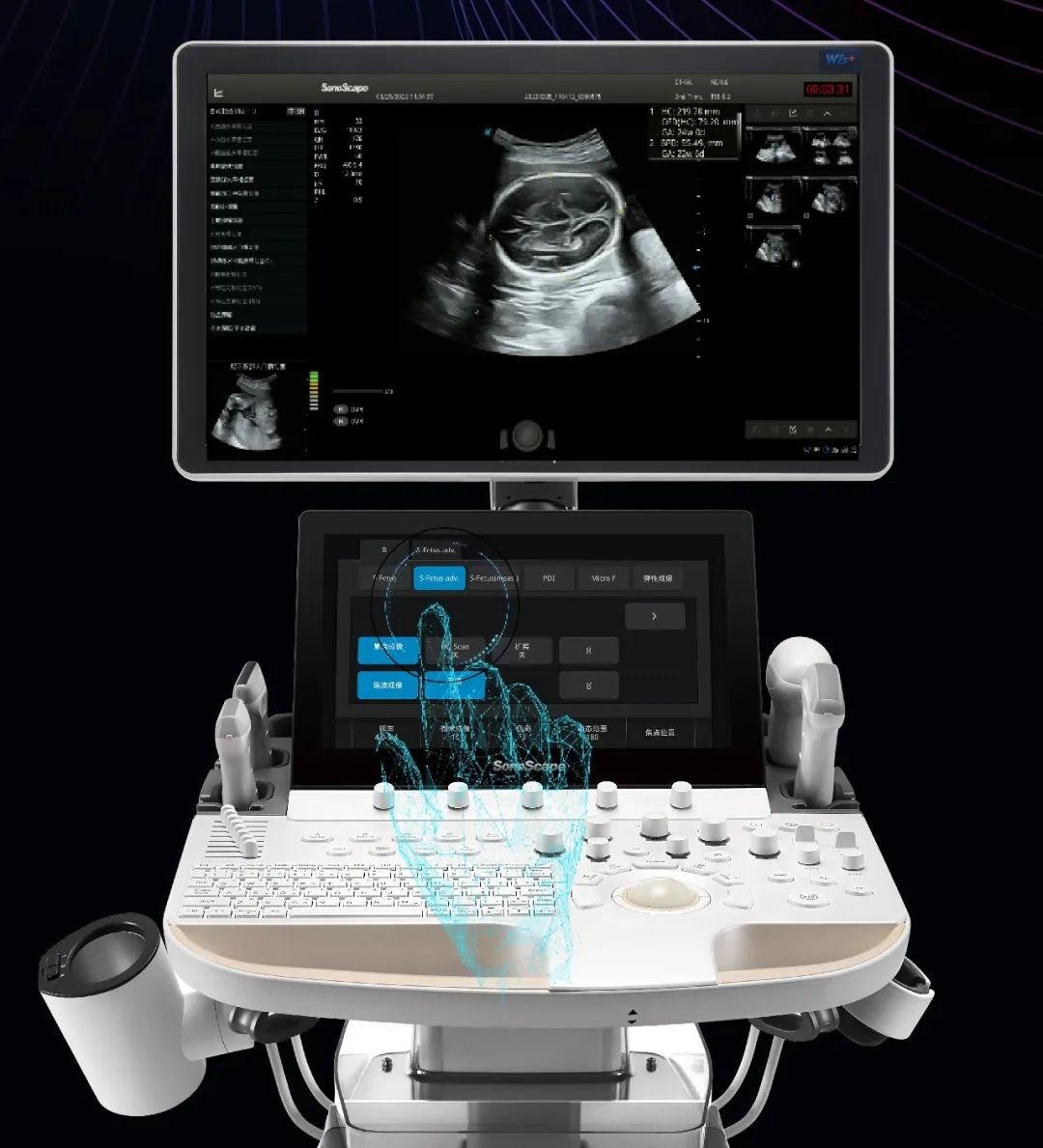It is important clinically the determination of chloride due regulation of osmotic
pressure of extra cellular fluid and to its significant role in acid-base balance.
Increases in chloride ion concentration may be found in severe dehydratation,
excessive intake of chloride, severe renal tubular damage and in patients with
cystic fibrosis.
Decrease in chloride ion concentration may be found in metabolic acidosis, loss
from prolonged vomiting and chronic pyelonephritis2,7,8.
Clinical diagnosis should not be made on a single test result; it should integrate
clinical and other laboratory data.
STORAGE AND STABILITY
All the components of the kit are stable until the expiration date on the label
when stored tightly closed at 2-8ºC, protected from light and contaminations
prevented during their use. Do not use reagents over the expiration date.
Signs of reagent deterioration:
- Presence of particles and turbidity.
- Blank absorbance (A) at 480 nm ≥ 0,15.
SAMPLES
Serum, plasma: Free of hemolysis and separated from cells as rapidly as
possible. Anticoagulants such as oxalate or EDTA are not acceptable they
will interfere with results.
Urine1
: Collect 24-hour urine specimen in chloride free containers. Dilute a
sample 1/2 in distilled water. Mix. Multiply results by 2 (dilution factor).
Stability of the sample: Ion chloride is stable 1 week at room temperature (15-25ºC)
or 15 days in refrigerator (2-8ºC) or 1 month frozen (−20º) temperatures.
INTERFERENCES
Hemolysis. Anticoagulants other than heparin1
Bilirubin up to 120 mg/L, bovine serum albumin up to 150 g/L and triglycerides up to 6
g/L did not significantly alter the assay4
A list of drugs and other interfering substances with chloride determination has been
reported5,6.
NOTES
CHLORIDE CAL: Proceed carefully with this product because due its nature it
can get contaminated easily.
It is recommended to use disposable material. If glassware is used the material
should be scrupulously cleaned with H2SO4 -K2Cr2O7 Solution and then
thoroughly rinsed it with distilled water.
Most of the detergents and water softening products used in the laboratories
contains chelating agents. A defective rinsing will invalidate the procedure.
Avoid the contact with metal materials.
Calibration with the aqueous standard may cause a systematic error in automatic
procedures. In these cases, it is recommended to use a serum Calibrator.
Use clean disposable pipette tips for its dispensation.
SPINREACT has instruction sheets for several automatic analyzers.
